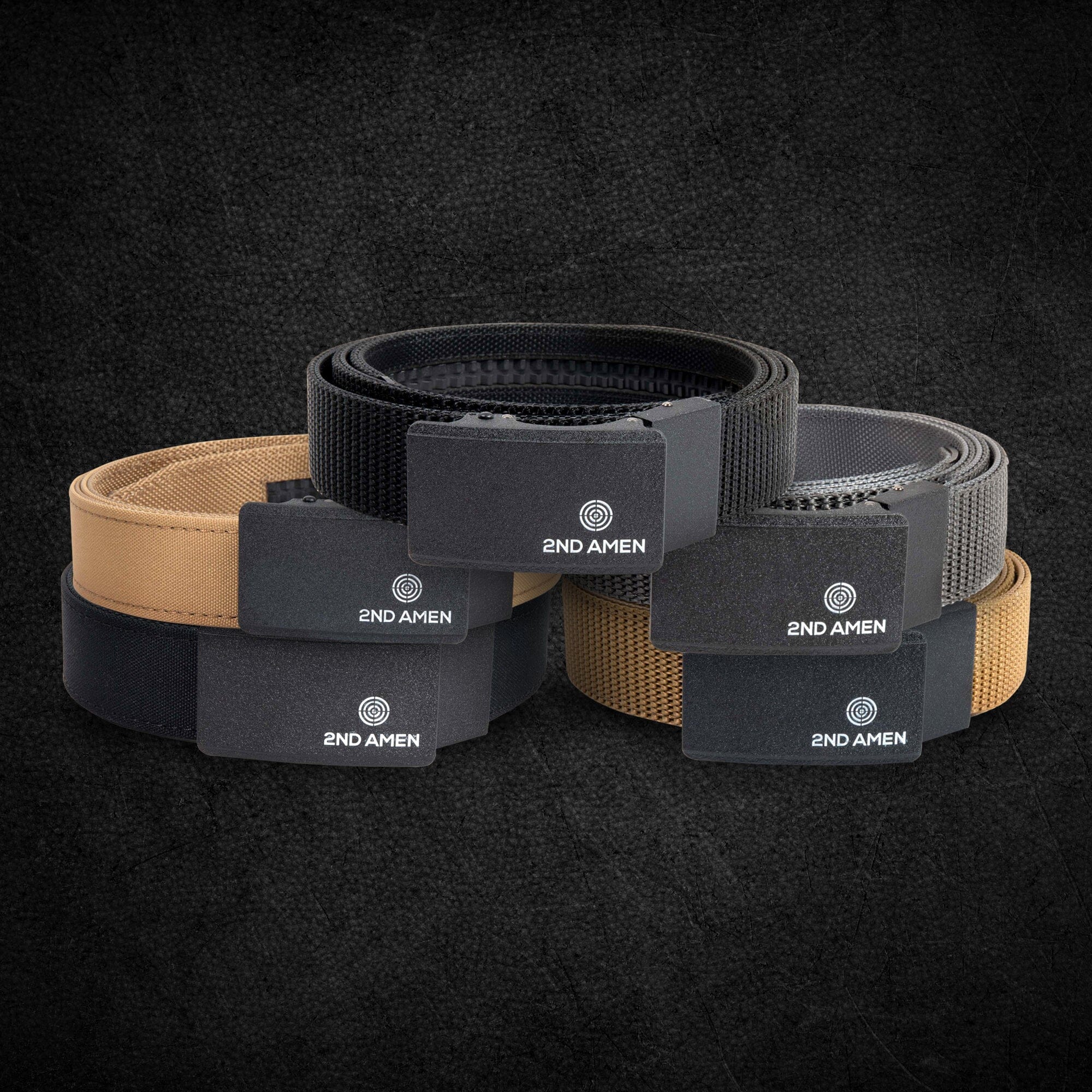In recent years, the issue of gun ownership and the right to carry firearms has been a hot topic of debate in the United States. While some argue for stricter gun control laws, others advocate for the right to bear arms as a means of self-defense. One aspect of this debate that has gained increasing attention is the concept of concealed carry, or the practice of carrying a hidden firearm on one's person.
The origins of concealed carry can be traced back to the Second Amendment of the United States Constitution, which states that "the right of the people to keep and bear Arms, shall not be infringed." This amendment has been interpreted in various ways over the years, but it has generally been taken to mean that individuals have the right to own and carry firearms for the purpose of self-defense.
In the past, concealed carry laws were relatively strict, with only a few states allowing individuals to carry concealed firearms without obtaining a special permit. However, in recent years, there has been a trend towards more lenient concealed carry laws, with an increasing number of states enacting "permitless carry" laws that allow individuals to carry concealed firearms without the need for a permit.
There are several reasons why the popularity of concealed carry has been on the rise. One reason is that proponents of concealed carry argue that it is a necessary means of self-defense in a society where violent crime rates are high. They argue that by carrying a concealed firearm, individuals are better equipped to protect themselves and their families from potential threats.
Another reason for the rise in concealed carry is that it has become more socially acceptable. In the past, carrying a concealed firearm was often seen as taboo, but today it is increasingly viewed as a legitimate means of self-defense. This shift in societal attitudes has been fueled in part by the efforts of gun rights organizations, which have worked to promote the idea that concealed carry is a responsible and necessary action for law-abiding citizens.

The trend towards more lenient concealed carry laws has also been driven by the success of "shall issue" laws, which require authorities to issue a concealed carry permit to any individual who meets certain criteria, such as passing a background check and completing a safety training course. These laws have been adopted by a number of states, and have made it easier for individuals to obtain a concealed carry permit.
While the trend towards more lenient concealed carry laws has been welcomed by many gun rights advocates, it has also sparked controversy and debate. Critics of concealed carry argue that it can lead to an increase in gun violence and accidental shootings, as more individuals are carrying firearms in public. They also argue that it can create a climate of fear, as people may be more likely to perceive others as potential threats if they know that others are carrying concealed firearms.
Despite these concerns, the trend towards more lenient concealed carry laws shows no signs of slowing down. In fact, a number of states are currently considering enacting "constitutional carry" laws, which would allow individuals to carry firearms without the need for a permit of any kind.
While the debate over concealed carry is likely to continue, it is clear that it is an issue that is here to stay. As more and more states adopt lenient concealed carry laws, it will be important for all sides of the debate to consider the potential consequences and to work towards finding a balanced solution that takes into account the rights and concerns of all parties involved.



